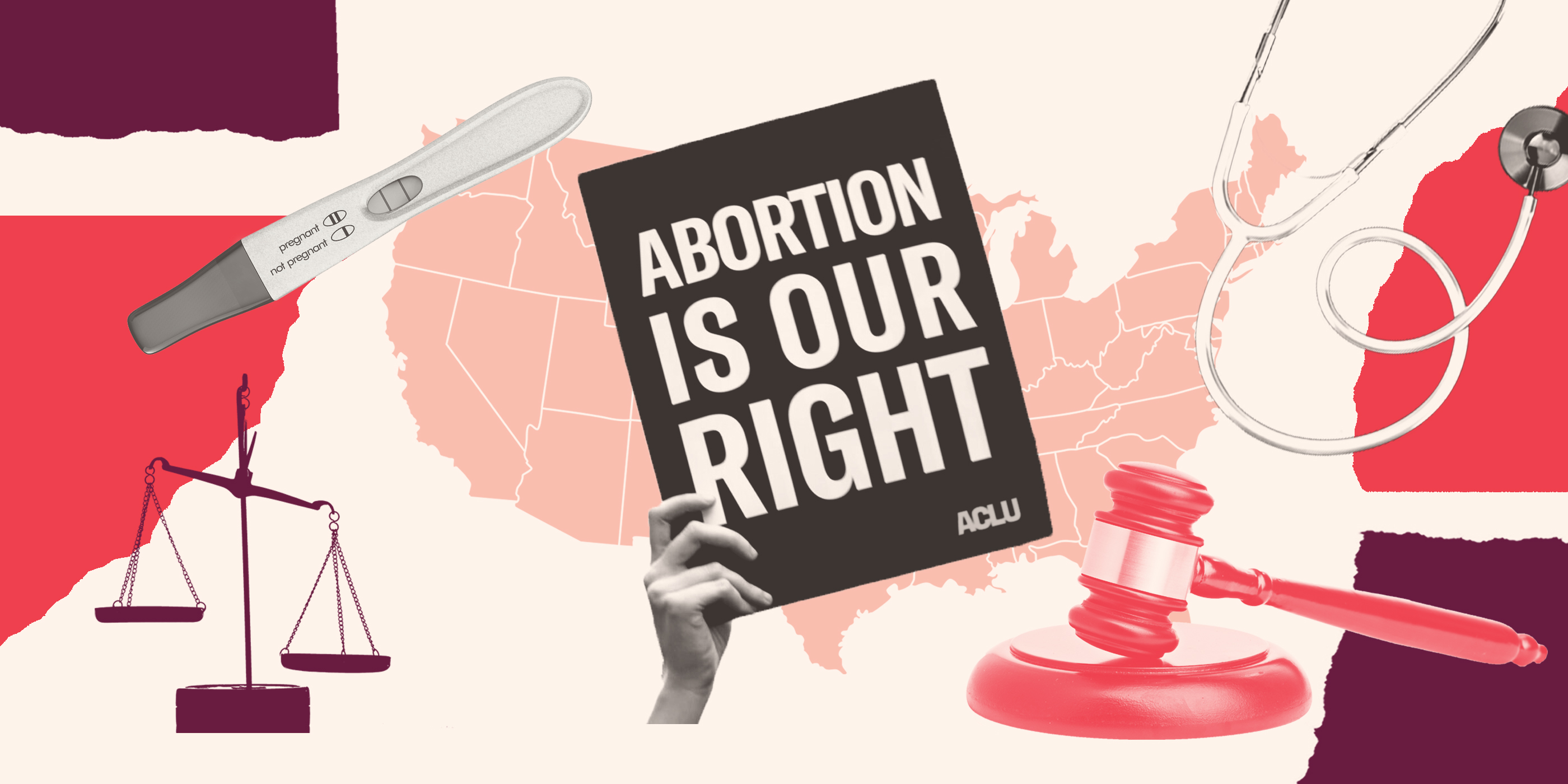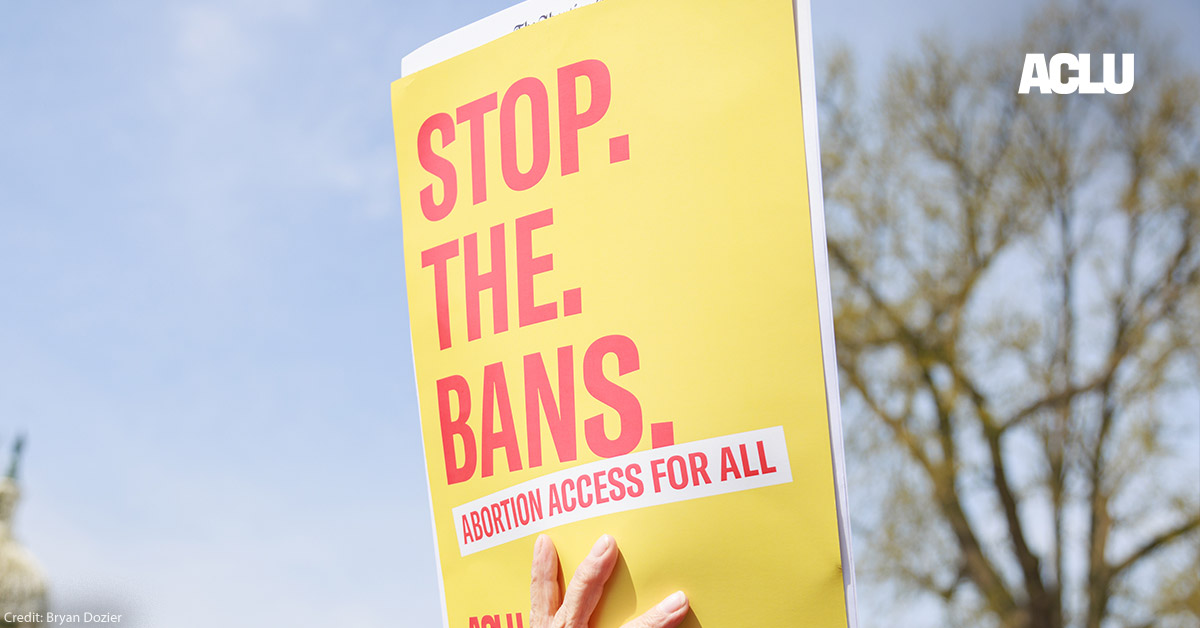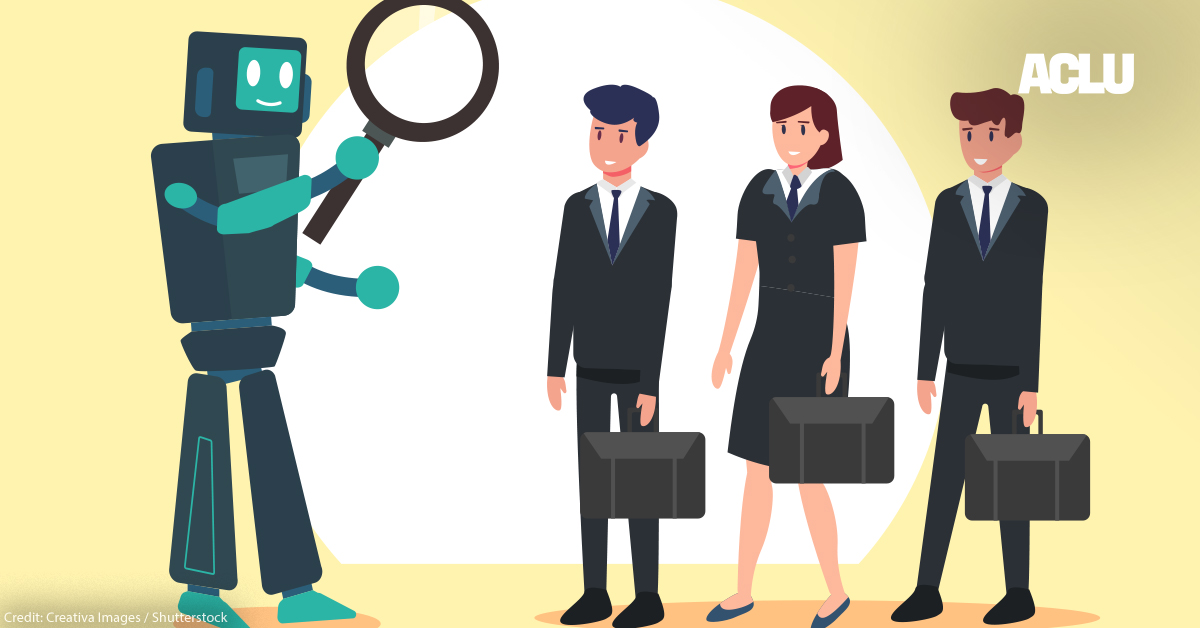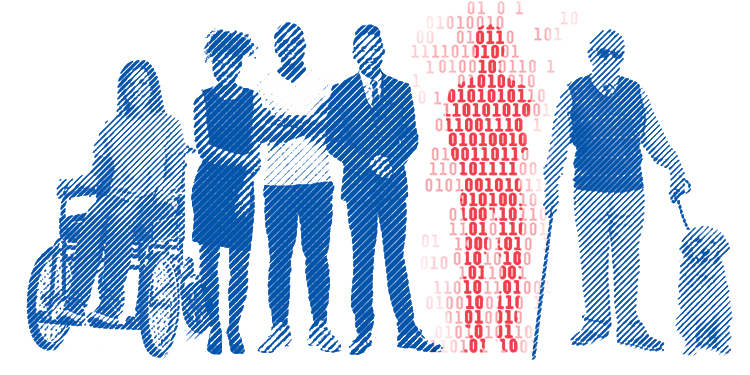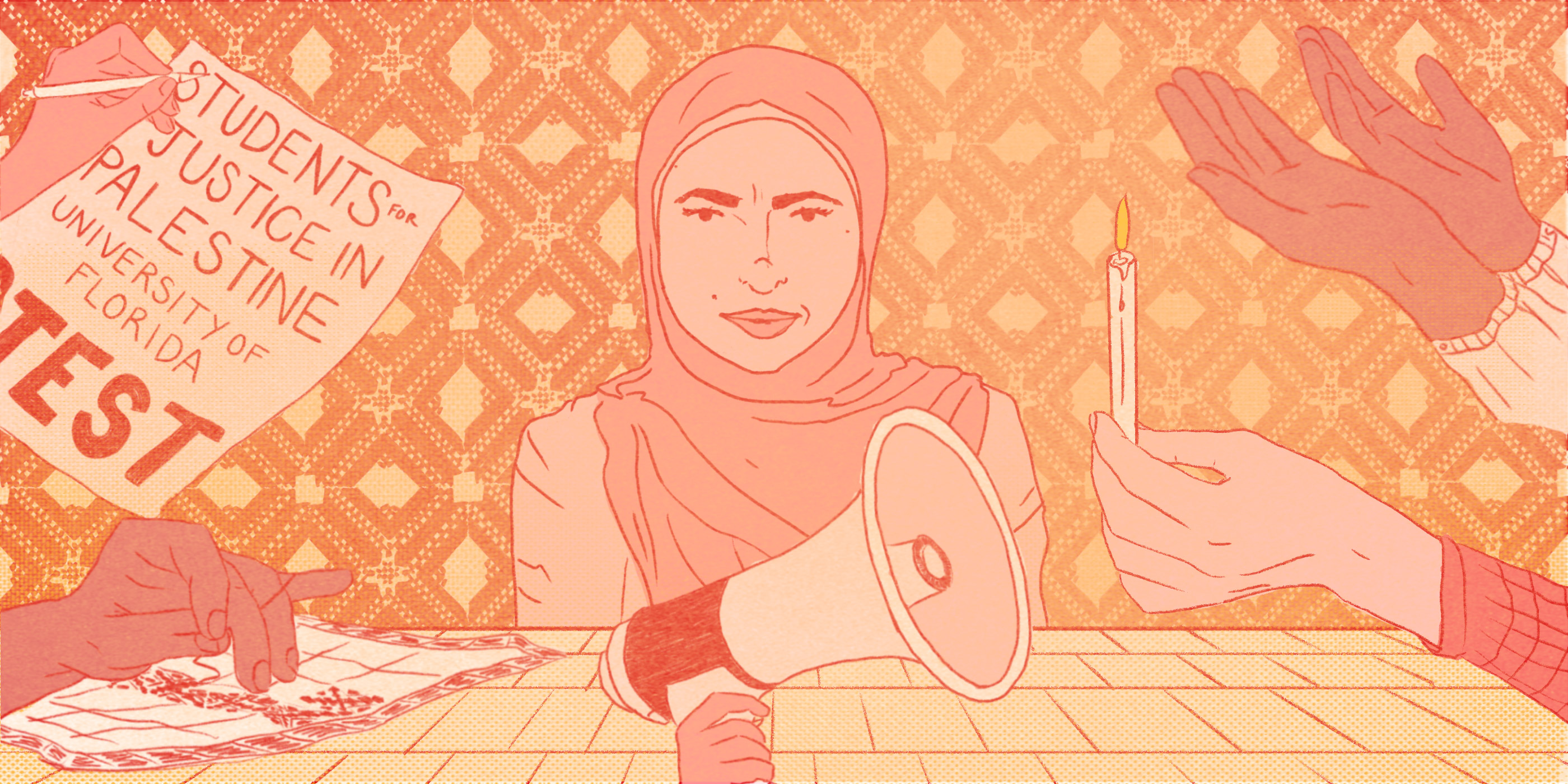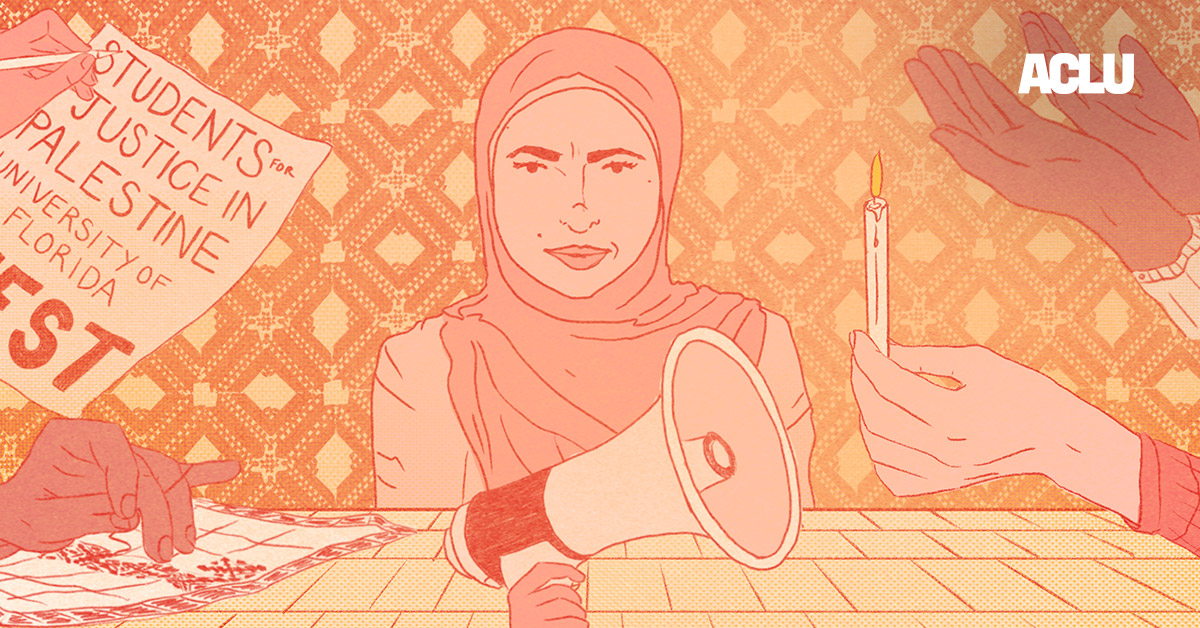The outcome of the 2024 election will have a profound impact on access to abortion care in this country. Donald Trump’s allies have drawn up an agenda for a potential second presidential term, and they have made clear that if Trump is elected, he will dust off a 150-year-old federal statute called the Comstock Act to ban all abortions nationwide without any need for congressional action.
You read that right: Anti-abortion groups are peddling the radical theory that abortion could be banned in every state the moment he takes office.
And because anti-abortion politicians know that the American people oppose having our reproductive rights taken away, they’re trying to keep these plans under the radar until it’s too late—advising Trump and anti-abortion groups to keep quiet about their plan to impose a back-door abortion ban until after the election.
It’s long past time to shine a spotlight on this outrageous scheme, and why it’s just plain wrong.
The Comstock Act is an 1873 anti-obscenity law that, among other things, makes it a crime to mail anything that’s “indecent, filthy, or vile” or “intended for producing abortion.” Its namesake, Anthony Comstock, was an infamous Victorian-era anti-vice crusader who, as the Supreme Court has explained, “believed that anything remotely touching upon sex was obscene.” Comstock took credit for arresting thousands and driving at least 15 people to suicide through his anti-vice crusades.
Trump’s anti-abortion allies are trying to revive this zombie law, claiming that the Comstock Act is a dormant national abortion ban already on the books, just waiting to be enforced by a Trump Department of Justice. According to anti-abortion extremists, the Comstock Act makes it a crime to send or receive drugs or articles that are used in abortion care by mail or common carriers like UPS and FedEx. That interpretation of the law is wrong; it flies in the face of how courts and the Department of Justice have long interpreted the law. But if anti-abortion judges buy into this unfounded theory, it would effectively amount to a nationwide abortion ban because the medication and equipment used in abortion care are transported by mail and common carrier.
That likely means that abortion medication like mifepristone won’t even leave the factory. It means that companies that produce medical instruments, ultrasound machines, and other items used in abortion care couldn’t send them to abortion providers, and abortion providers couldn’t obtain the materials they need.
The plan to enforce the Comstock Act as an abortion ban is spelled out in the Heritage Foundation’s 180-Day Playbook, which details nearly 900 pages’ worth of “actions to be taken in the first 180 days of the new Administration.” The scheme is echoed by Jonathan Mitchell, Trump’s lawyer before the Supreme Court and the architect of Texas’s abortion bounty-hunter law, S.B. 8, who has made clear that a Trump Department of Justice would wield the Comstock Act as a backdoor abortion ban: “We don’t need [Congress to pass] a federal ban when we have Comstock on the books.”
Mitchell wants Trump and anti-abortion groups to “keep their mouths shut [on Comstock] as much as possible until the election.” Once in office, they plan to shut down abortion care nationwide without any need for congressional action.
To be clear, the argument that the Comstock Act is a dormant national abortion ban is legally wrong. That’s true for many reasons:
- First, starting in the early twentieth century, federal appellate courts reached a consensus that the Comstock Act only criminalizes sending and receiving materials to be used for otherwise unlawful abortion and contraception. The courts’ uniform conclusion was that the Act does not apply to drugs and articles sent and received for lawful abortion care. Importantly, courts reached this consensus well before the Supreme Court’s recognition of the constitutional right to contraception and abortion in Griswold v. Connecticut, and Roe v. Wade; the interpretation in no way turned on the existence of a constitutional right.
- Second, Congress was well aware of the court decisions that the Comstock Act doesn’t apply to lawful abortions. If Congress disagreed with the courts, it could have changed the law. Instead, Congress repeatedly reenacted the Comstock Act’s abortion provisions without modifying the language in response to the decisions. This means that Congress concurred with courts narrowing the scope of laws under the principle of congressional ratification. As the Supreme Court explained in Texas Department of Housing and Community Affairs v. Inclusive Communities Project, “[i]f a word or phrase has been … given a uniform interpretation by inferior courts …, a later version of that act perpetuating the wording is presumed to carry forward that interpretation.”
- Third and relatedly, the United States Postal Service, the agency that enforces the Comstock Act’s mailing restrictions, also concurred with the courts’ settled interpretation of the Act, and in 1970 informed Congress of its position. This timeline bolsters the conclusion that Congress accepted the appellate courts’ narrowing construction of the law.
- Fourth, the Department of Justice has publicly endorsed this interpretation of the Comstock Act in a December 2022 Office of Legal Counsel opinion. As the opinion explains, “[b]ased upon a longstanding judicial construction of the Comstock Act, which Congress ratified and USPS itself accepted,” the Comstock Act “does not prohibit the mailing, or the delivery or receipt by mail, of [abortion-inducing medications] where the sender lacks the intent that the recipient of the drugs will use them unlawfully.
In short, Trump’s allies’ argument that the Comstock Act can be enforced as a national abortion ban defies the settled determination by federal courts and the Justice Department that the law does not apply to lawful abortion care.
But we have seen anti-abortion extremists manipulate the law to ban abortion before. Roe was settled law for decades until a reconstituted Supreme Court reversed course in Dobbs and allowed states to ban abortion. And before Dobbs, Trump’s lawyer, Jonathan Mitchell, managed to impose an abortion ban in Texas that ought to have been struck down as unconstitutional, but that survived because of its manipulative bounty-hunter enforcement scheme.
So when Mitchell, who is on the short list to become Trump’s attorney general, endorses the dangerous Comstock scheme, the threat is deadly serious.
Date
Thursday, May 30, 2024 - 3:00pmFeatured image

